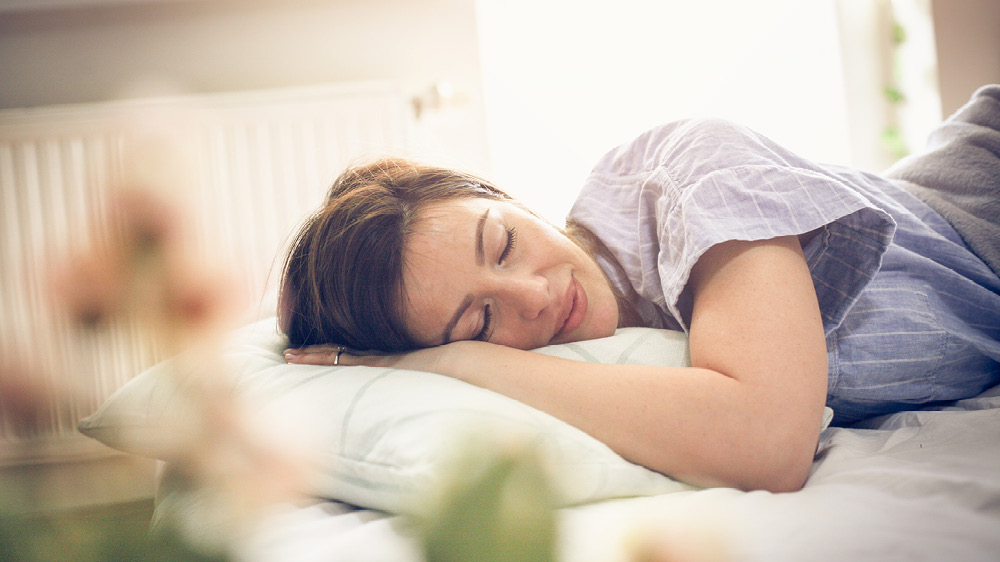The secret to better sleep and more restful nights
March 26, 2023Categories: Wellness, Sleep Medicine
Sleep is something everyone needs. It impacts your physical health and your overall well-being. But one in three adults struggle to get enough sleep. One essential aspect of achieving quality sleep is maintaining good sleep hygiene. Here are tips and strategies for developing good sleep hygiene.
What is sleep hygiene?
Sleep hygiene is a term used to describe daily routines that impact sleep, like your environment, lifestyle and other habits.
Poor sleep hygiene can also cause insomnia, a sleep disorder where you have trouble falling asleep, staying asleep or waking up often. Good sleep hygiene is a major part of cognitive behavioral therapy for insomnia.
Tips for improving sleep hygiene
There are small tweaks you can make in your life to help improve sleep and wake up feeling rested and energized.
Establish a sleep schedule
Maintaining a regular sleep schedule is crucial for good sleep hygiene. Improve your sleep quality by going to bed and waking up at the same time every day, including the weekends.
Bedtime habits
Only go to bed when you feel sleepy. Spending too much time in bed awake can cause anxiety and difficulty falling asleep. If you’re unable to fall asleep within 15-20 minutes in bed, try to do a relaxing activity out of bed, in dim light like reading a book or meditating.
Excess time in bed awake can cause anxiety around your sleep and impact your ability to fall asleep in the future.
Avoid stimulants
Before settling in for the night, it’s best to avoid stimulants like caffeine and nicotine. It is recommended you avoid caffeine six hours before bed and nicotine at least four to six hours before bed.
Your sleep environment matters
Your sleep environment is part of good sleep hygiene. Keep your space dark, quiet and at a comfortable temperature. Other tips for a good sleep environment, include:
- Using blackout shades.
- Wearing an eye mask.
- Avoiding reading, eating or watching TV in bedroom.
You want your body to associate your bedroom and bed with only sleep.
Healthy lifestyle habits
Regular exercise improves your health and your sleep, but heavy exercise two hours before bedtime can make it harder for you to fall asleep. Exercise at least four to six hours before you go to sleep. Other healthy lifestyle habits, include:
- Avoiding late evening naps.
- Eating a balanced meal early in the evening.
- Refraining from alcohol before bed.
Take the time to establish healthy sleep habits, and you’ll wake up feeling refreshed and well rested. If you have trouble sleeping at night, talk with your provider or find a sleep medicine specialist near you.


